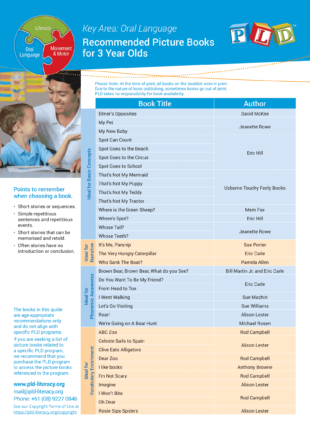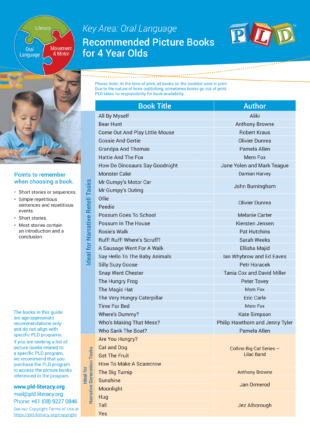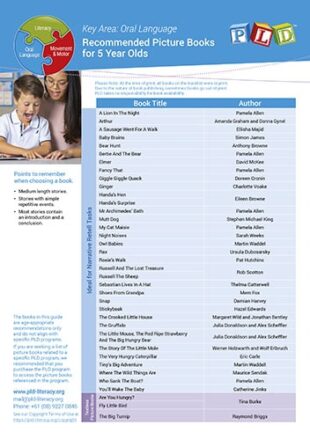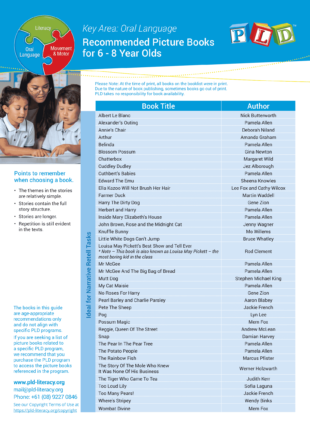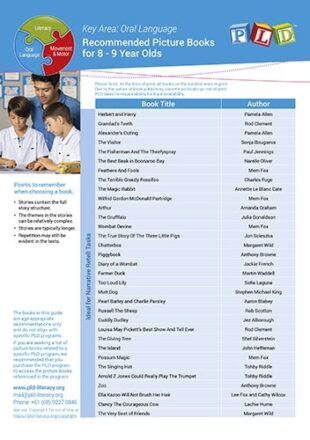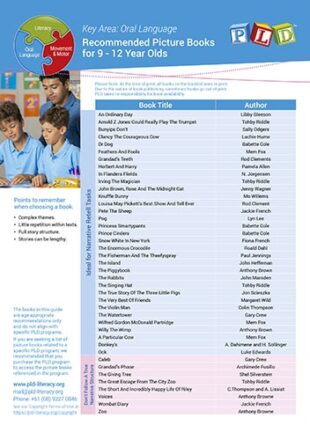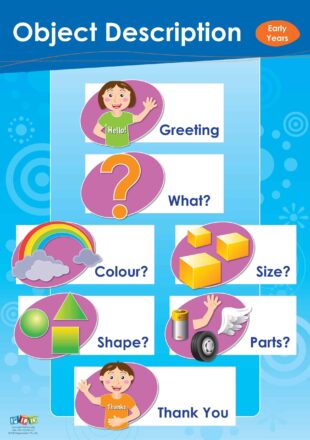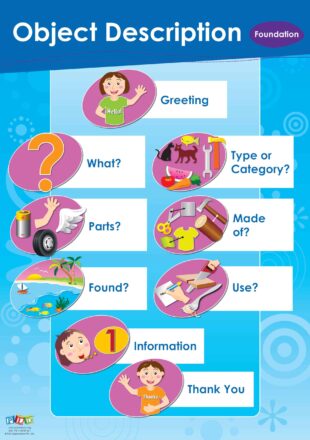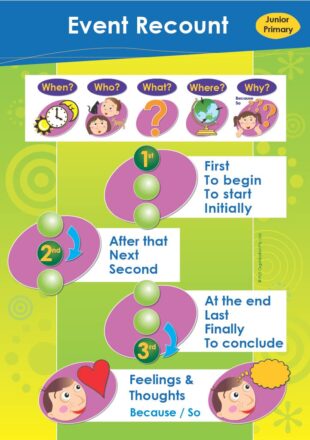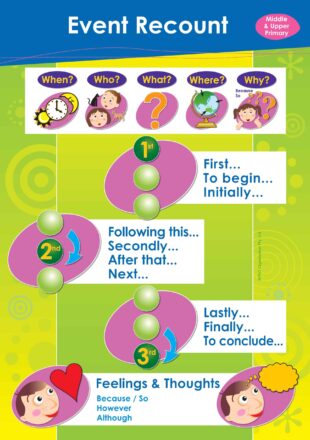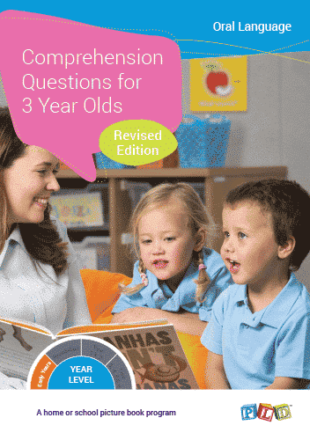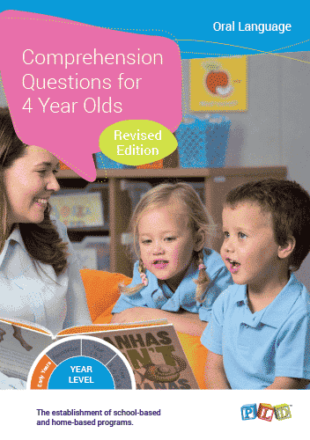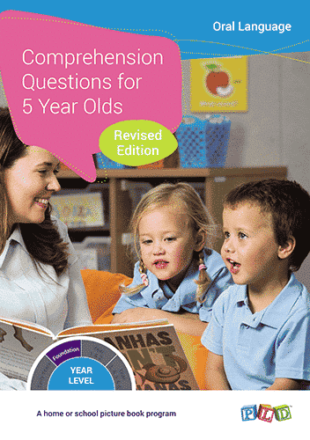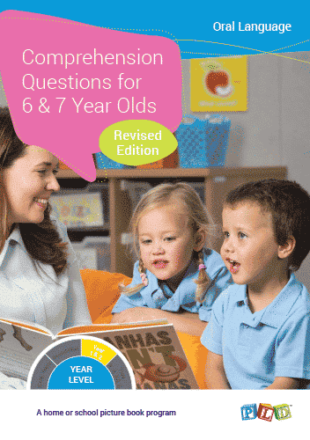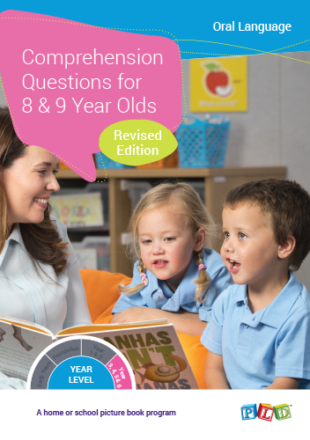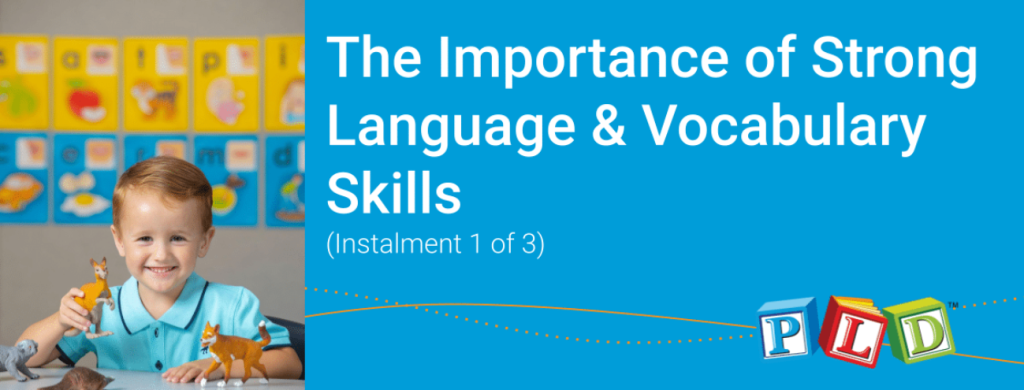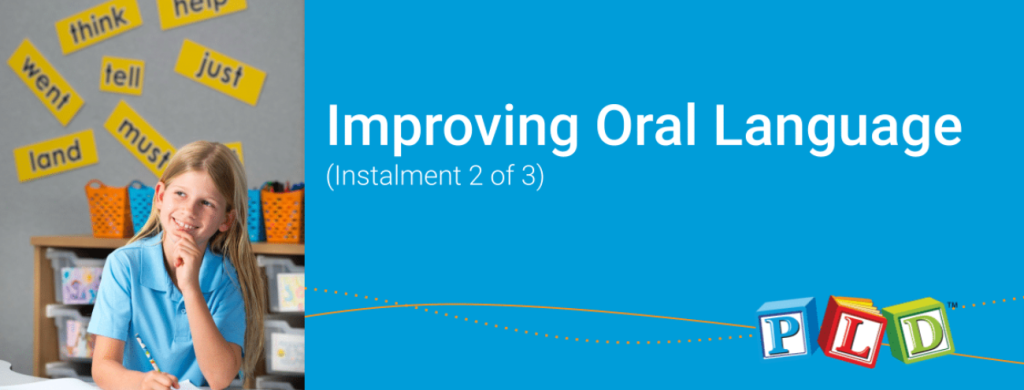Have you caught up on our previous posts, The Importance of Strong Oral Language and Vocabulary Skills for Later Literacy Success and Improving Oral Language? PLD believes oral language and listening skills form the foundations of literacy and are essential academic success. For children, repeated exposure to a rich language environment at school and in the home, results in successful readers, strong communicators, with increased confidence and overall sense of wellbeing. In order to help children prepare for school, parents (and educators) need to understand the importance of oral language and be encouraged to communicate with and read to their children starting at a very early age.
So as parents and educators of young children, how can you provide a rich and quality oral language environment?
We have compiled 5 tips essential for a quality language environment for you to implement in your classroom or home to improve listening skills.
- Repetition, Repetition, Repetition – Repeated exposure to words, books, and conversation allow a child to learn new words and develop strong oral language skills.
- Follow interests – Rather than trying to divert a child’s attention, talk about what they are looking at and what they show an interest in. If a child is interested in a topic, automatically they will be more engaged and want to learn more. Children who are drilled in topics of no interest to them, quite often disengage.
- Takes Turns – A conversation requires the participants to take to turns. When talking with your child or student, listen to their attempts to communicate and respond with comments or questions. Make sure you allow them a turn to communicate and don’t do all the talking. Even if a child is not yet talking, allowing space for them to point, look, touch or respond in any way is an important part of developing conversation skills.
- Talk WITH not AT – Talk with a child rather than at them, expand on what the child says, comment on what the child is interested in and ask lots of questions. You may be surprised how much more the child is willing to say given the opportunity.
- Variety – A diverse and well-ranged quantity of literature is important, however, bear in mind the quality of the text has equal value. Talk with children about lots of topics, read a wide range of books, sing songs and rhymes. For recommended age-appropriate picture books to read, check out the links below.
Oral language isn’t just about reading or being read to, here are four language-rich activities parents and teachers can easily add to their home or school routines to practise listening skills.
- Play with children to practise oral language skills- Children learn best when they are interested, engaged and playing. Play with children talking about what they are interested in, asking questions, modeling language and interacting with them.
- Talk with children to practise listening skills – Talk about everything you are doing together, follow what they are interested in, make comments and ask questions. Expand on their topic of choice.
- Sing songs and rhymes to practise oral language skills – Children love songs and rhymes and they are great models of strong oral language skills. Have fun singing together.
- Read books together to practise listening skills – Traditional picture book reading is beneficial for children. However, when children become the storyteller and engage with the story their vocabulary and oral language will expand at a much greater rate. Listening to stories is useful for children, however answering questions about the story and learning to verbalise stories produces much more significant gains.
In the below video Giving children the best start for literacy: Speaking and Listening skills Diana Rigg discusses the oral language skills our children require when entering the education system and be successful. What determines that our children will have the best start to their education? Watch the video below and see how this can be implemented at home.
You may also wish to look at the following supportive programs which may be useful for children at this stage of literacy and learning development.
- Comprehension Questions for 3-Year-Olds or Comprehension Questions for 4-Year-Olds – An in-school or at-home program, designed to help parents and teachers ask developmentally appropriate questions all while evaluating the quality of the response.
- Semantic Scenes and Questioning – Set 1 – Designed to equip teachers and parents of 4-year-old children with activities that will develop semantic knowledge. A good grasp of semantics broadens a child’s understanding of the meaning of words, which then helps them to understand what they hear or read and also helps them to express exactly what they want to say.
In conclusion
We hope you have enjoyed this three-part series. PLD believes most children require home and school to work together to help children maximise their potential. For more information on how schools and parents can work together to improve oral language development and listening skills, check out our Resources for running a parent information night blog.



 print
print